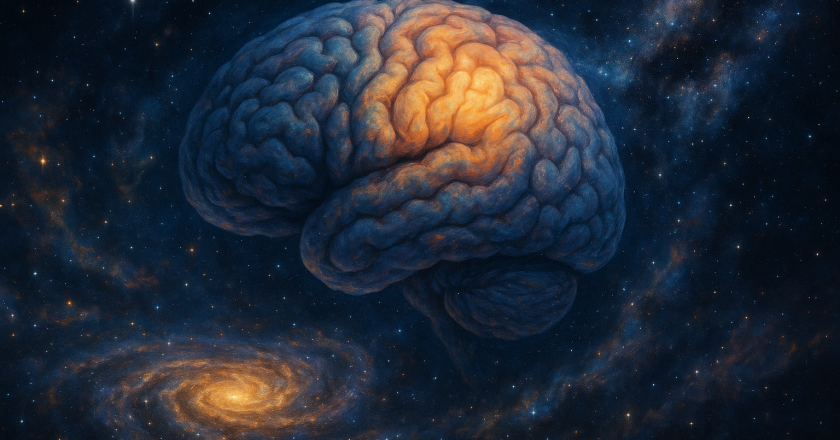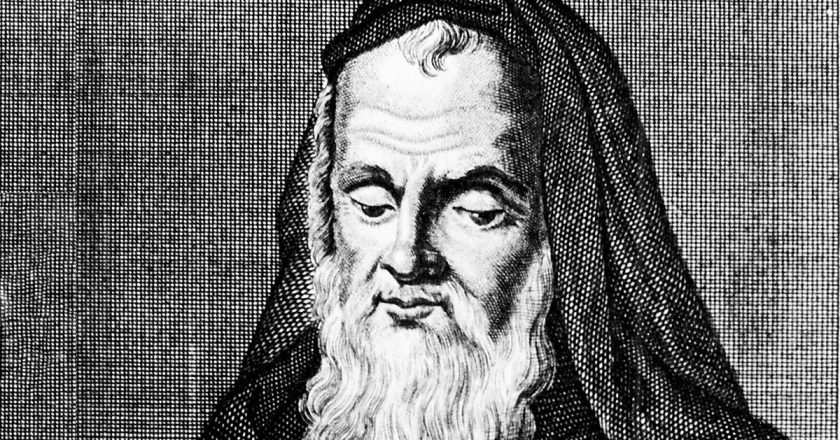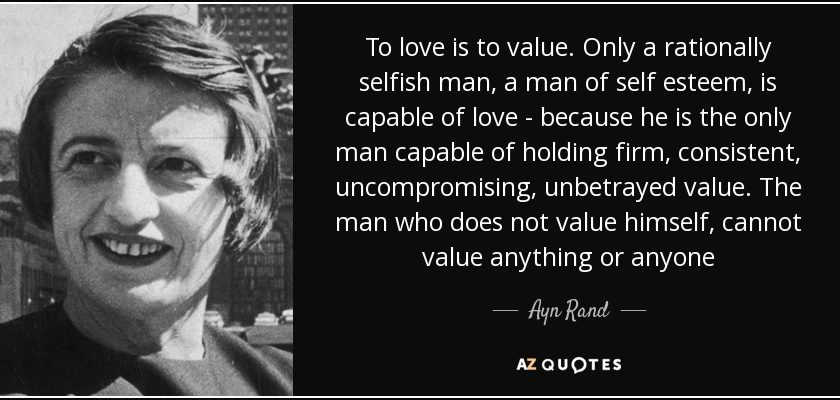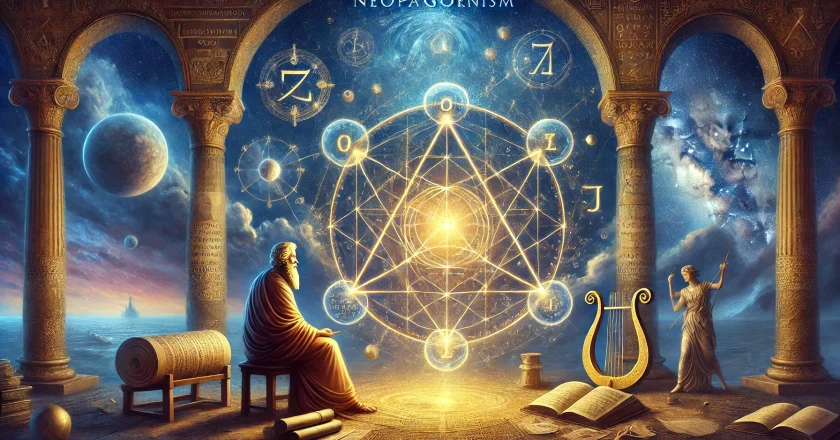Eminent Domain: When the State Can Legally Take What You Own
Eminent domain is one of the most powerful—and controversial—tools a government possesses. It allows the state to take private property for public use, even if the owner does not want to sell. The idea sits at the uneasy intersection of individual rights and collective need, raising timeless questions about ownership, fairness, power, and justice.
At its core, eminent domain forces society to confront an uncomfortable truth: property ownership is not absolute.
What Eminent Domain Really Means
Eminent domain is the legal authority of a government to seize private property for a public purpose, provided that “just compensation” is paid to the owner. The justification is simple in theory: some projects—roads, railways, utilities, schools, hospitals—cannot exist without assembling l...




















